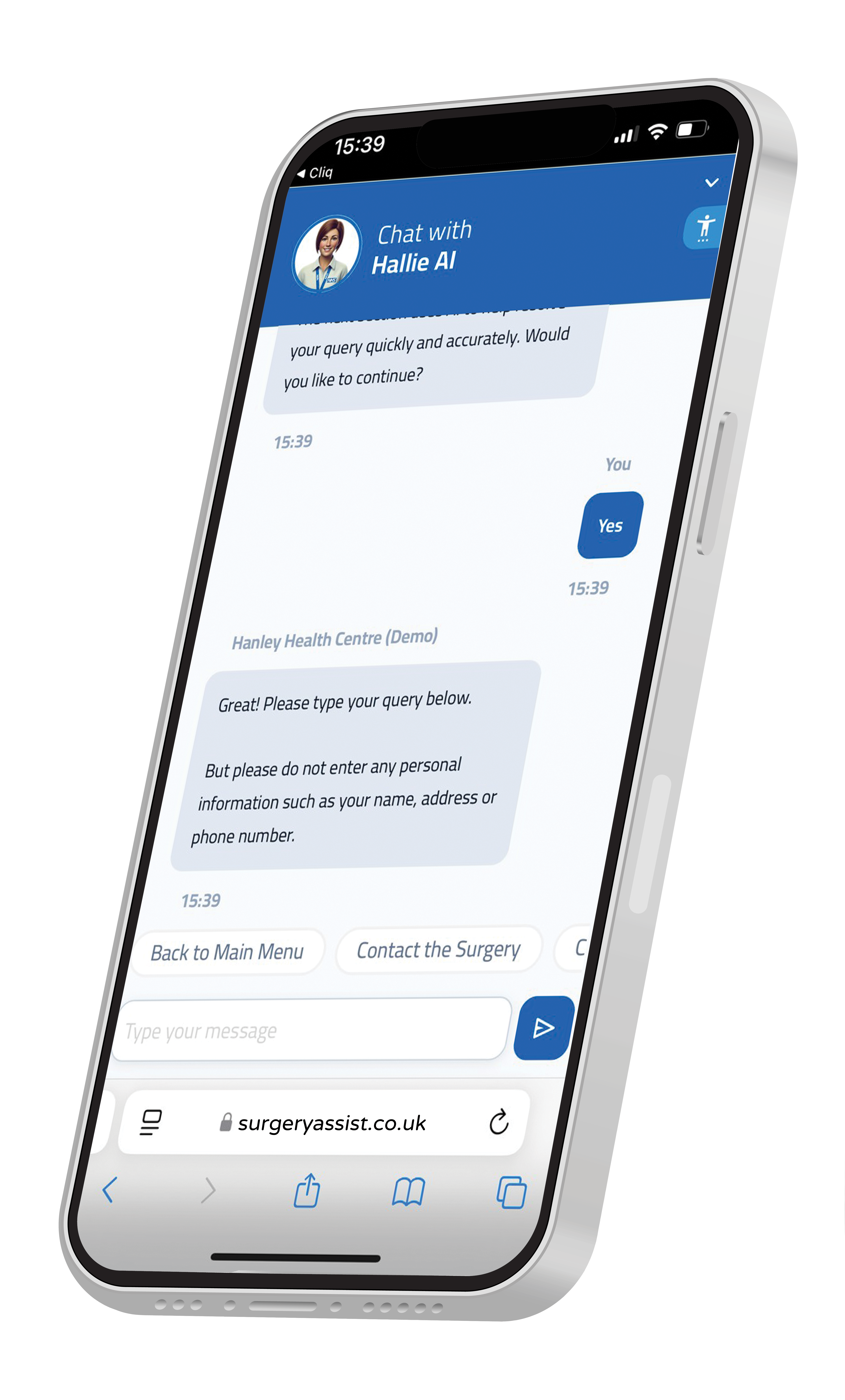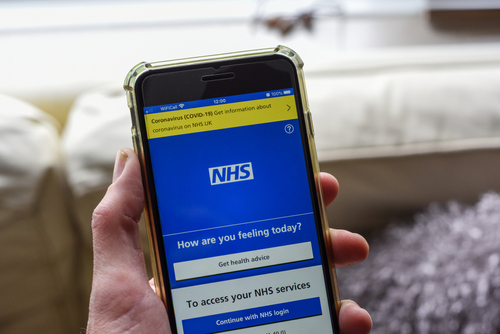The UK Government’s vision for a neighbourhood NHS is at the heart of its 10-year recovery plan, aiming to create a more proactive, integrated healthcare system that meets patients’ needs at a local level. By shifting the focus towards community-based, preventative care, this approach ensures that people receive the right support before their health deteriorates, reducing reliance on hospitals and emergency services. Digital innovation, particularly AI-driven solutions, plays a key role in enabling this transformation by improving accessibility, streamlining workflows, and delivering more personalised patient care.
The role of digital innovation in the neighbourhood NHS
The Labour government’s NHS recovery plan prioritises three core objectives:
- From analogue to digital – Ensuring that modern technology replaces outdated, inefficient systems.
- From hospital to community – Reducing hospital admissions by strengthening primary and community care services.
- From treatment to prevention – Focusing on early intervention and proactive health management to prevent illnesses before they escalate.
AI-powered tools are key to achieving these goals. Digital assistants and automation solutions are already enhancing general practice, streamlining patient interactions, and ensuring that individuals are signposted to the most appropriate care and support services without unnecessary delays.
Surgery Assist: Delivering the neighbourhood NHS vision in real time
One of the most promising AI-driven innovations in primary care is Surgery Assist, an AI-powered digital assistant designed to transform patient access and navigation within general practice. Surgery Assist aligns with the neighbourhood NHS vision by:
- Automating signposting – Directing patients to the most appropriate care, whether that be GP services, Primary Care Network (PCN) self-referral pathways, community organisations, or social care support.
- Ensuring first-time accuracy – Reducing unnecessary GP appointments by guiding individuals to the right support at the first point of contact.
- Expanding accessibility – Operating 24/7, Surgery Assist ensures patients can seek guidance anytime without being restricted to traditional practice hours.
By reducing administrative burdens on GP surgeries and freeing up clinical capacity, AI-driven solutions like Surgery Assist are already improving efficiency and patient outcomes.

AI-powered scalability and inclusivity
A significant advantage of AI and digital health technologies is their scalability. Unlike traditional healthcare models constrained by staff availability, digital assistants can support millions of patients simultaneously, operating continuously to provide consistent and accurate guidance.
This approach also fosters more significant health equity by breaking down accessibility barriers, supporting the vision of a neighbourhood NHS. Surgery Assist is designed to support all patients, including those who:
- Do not speak English as a first language.
- Have hearing or speech impairments.
- Experience difficulties using digital platforms due to disability or low confidence in technology.
By offering voice and text-based interactions, AI-driven digital health tools create a more inclusive experience, ensuring that all patients receive the support they need in a way that works for them.
Natural Language Processing: Enhancing patient communication
At the core of AI-powered digital health is Natural Language Processing (NLP), which enables systems to understand and respond to human language in real time. NLP enhances patient communication by:
- Creating intuitive interactions – Patients can explain their symptoms and concerns naturally without needing to navigate rigid menu structures.
- Reducing friction across the patient journey – Automated processing of requests and enquiries speeds up access to the right support.
- Freeing up clinical time – By handling routine patient interactions, NLP allows healthcare professionals to focus on complex cases that require human expertise.
By integrating NLP into digital health solutions, AI can provide seamless and human-like engagement, ensuring that patients feel heard and understood while receiving efficient, data-driven support.
The next step: AI voice agents for equitable access
Building on the success of Surgery Assist, the next phase of AI-driven patient support is the introduction of the AI Voice Agent. This innovation further advances the neighbourhood NHS vision by catering to those who face digital exclusion. Many individuals, whether due to age, disability, or personal preference, struggle to access healthcare through screen-based tools. The AI Voice Agent bridges this gap by enabling voice-driven interactions, ensuring that:
- Patients without internet access or digital literacy can still receive seamless support.
- Those with physical disabilities that prevent them from using traditional devices are not left behind.
- Individuals who prefer verbal communication can interact with healthcare services naturally.
By expanding equitable access, AI Voice Agents ensure that digital transformation enhances inclusivity rather than creating new barriers.

Looking ahead: AI as a cornerstone of NHS recovery
As the NHS undergoes one of the most significant transformations in its history, AI and digital health will be instrumental in delivering a more integrated, proactive, and efficient healthcare system. The government’s commitment to investing in digital solutions aligns with the vision of a neighbourhood NHS that prioritises community-led, preventative care.
With tools like Surgery Assist and AI Voice Agents, healthcare providers can reduce pressure on overstretched GP services, streamline access to care, and empower patients to take control of their health. By embracing these innovations, the NHS can not only recover but also evolve into a more sustainable, patient-centric system that meets the needs of a modern, diverse population.

Sharon Hanley, Managing Director, Hanley Consulting

